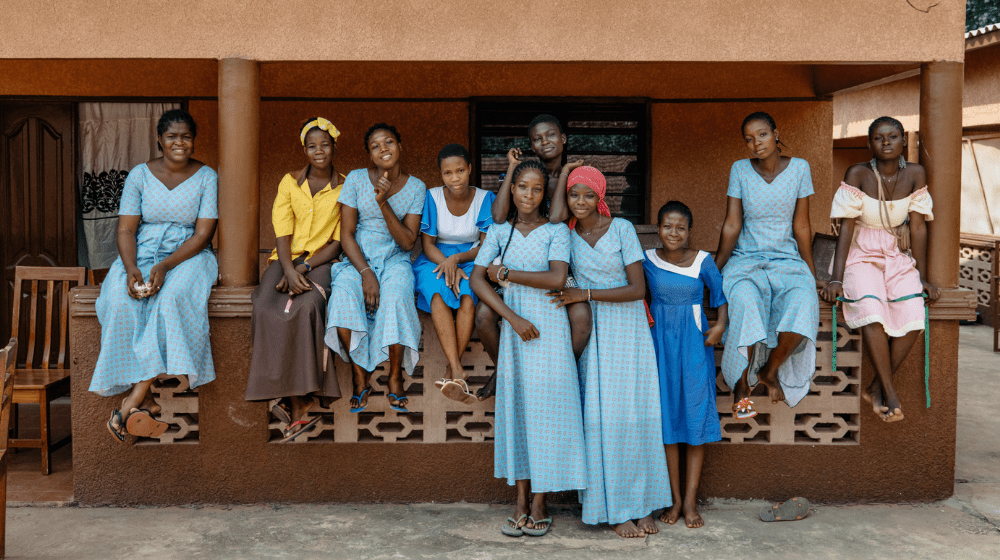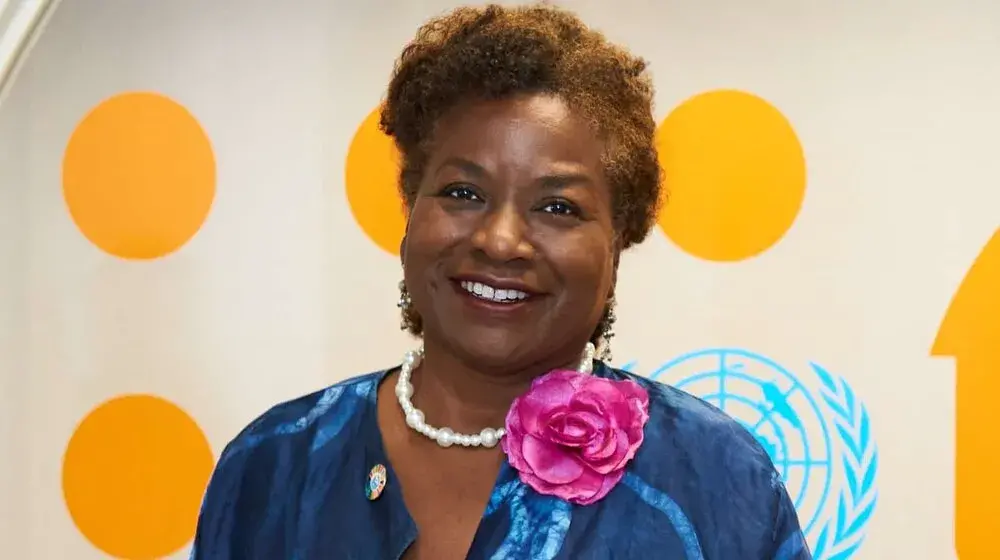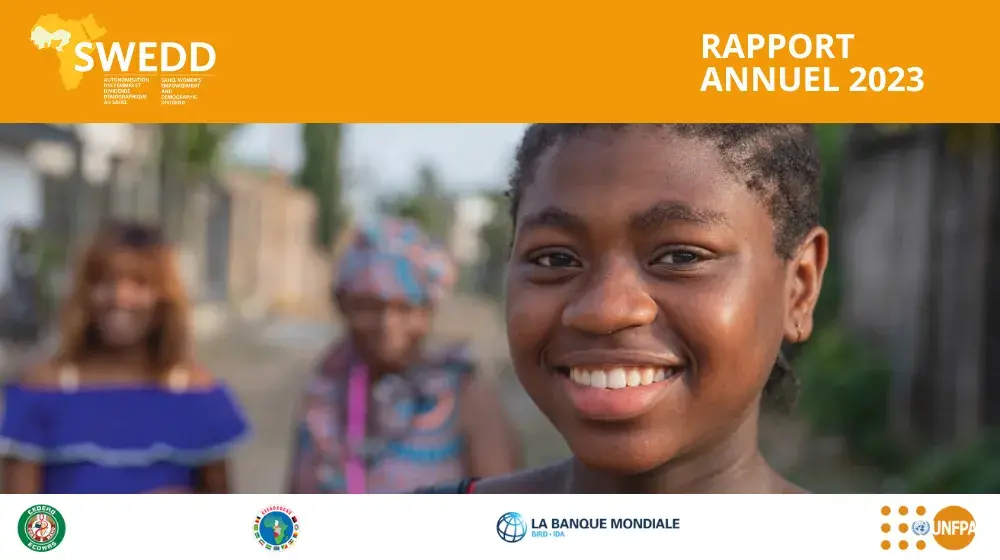Abuja, Nigeria - December 16, 2024: The official launch of SWEDD+ (Sub-Saharan Africa Women’s Empowerment and Demographic Dividend Plus) marked a significant milestone in the collective journey to empower women and girls across Sub-Saharan Africa.
The launch held in Abuja, Nigeria hosted by the West African Health Organisation brought together key stakeholders, including government leaders, UNFPA WCARO’s regional director and SWEDD director, World Bank representatives, ECOWAS and ECCAS officials, development partners, and civil society organizations, underscoring a shared commitment to the project’s success.
Building on the decade-long success of the Sahel Women’s Empowerment and Demographic Dividend (SWEDD) project, SWEDD+ promises to elevate progress by expanding access to education, reproductive health, and economic opportunities, while addressing harmful gender norms that hinder growth and equality.
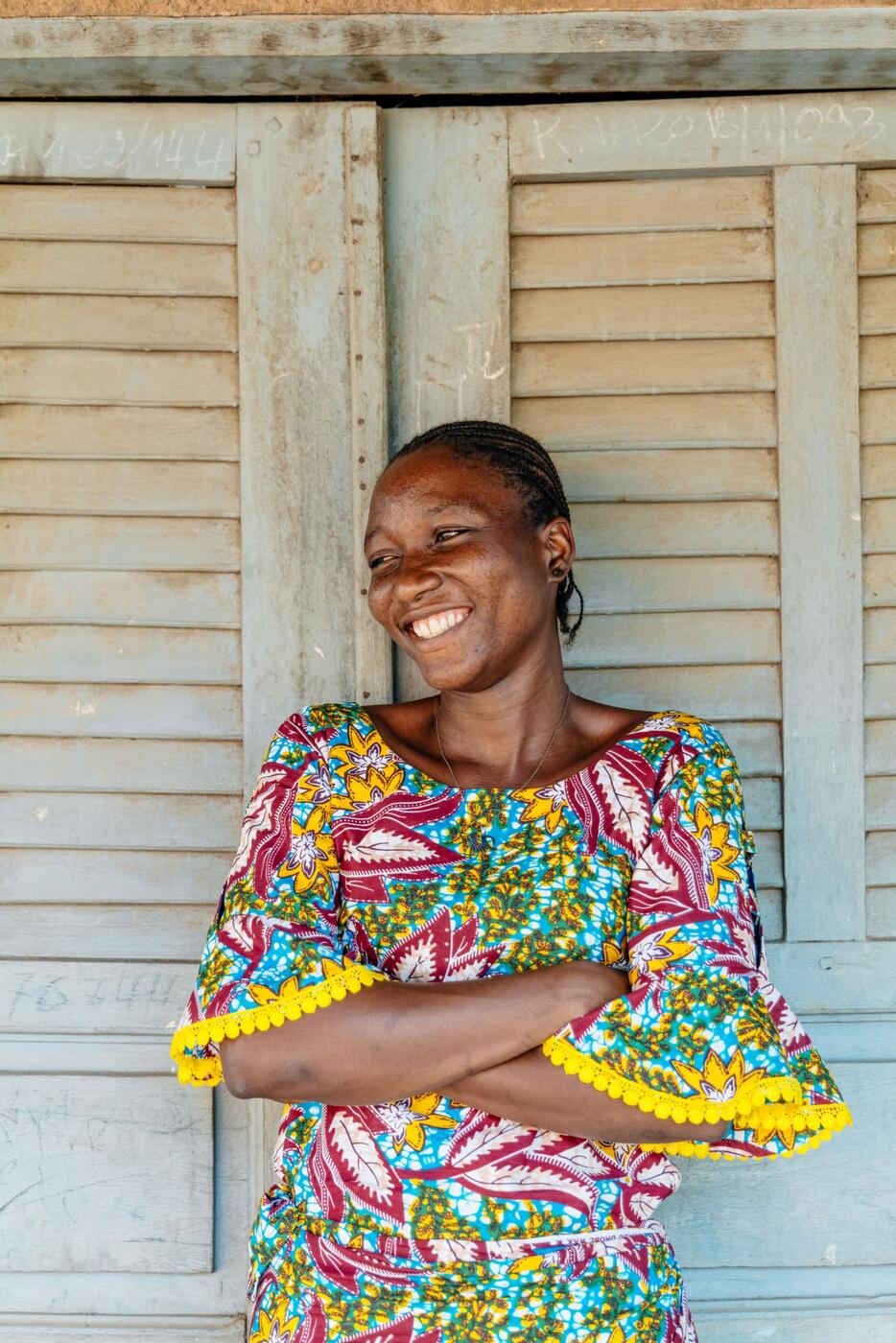
The SWEDD+ project, funded by the World Bank with an investment of $365 million, will initially operate in Burkina Faso, Chad, The Gambia, Senegal, and Togo. Two regional blocs—the Economic Community of West African States (ECOWAS), through WAHO, and the Economic Community of Central African States (ECCAS)—will lead the implementation efforts, with UNFPA continuing its pivotal role as the provider of technical assistance. In his opening address, Dr Sennen Hounton, UNFPA’s West and Central Africa Regional Director stated, "It is with immense pride and a deep sense of responsibility that I stand before you today to celebrate the launch of SWEDD+, a new chapter in our journey to empower women and girls across Sub-Saharan Africa and beyond. This initiative builds on a decade of groundbreaking work, transforming lives and communities by addressing gender inequalities and unlocking the demographic dividend of the region."
UNFPA's technical assistance under SWEDD is rooted in empowering girls through education about their sexual health and rights, equipping them with the tools to break cycles of poverty, violence, and inequality, and paving the way for a future of opportunity and empowerment.
“Since 2013, UNFPA has been honoured to serve as a key partner of the SWEDD project, from its conceptualization, advocacy to governments and at regional level that led to the groundbreaking African Union road map on harnessing the Demographic Dividend by investing in Youth, engaging strategic partnership with traditional and religious leaders to address harmful social norms and providing technical assistance to 6, then 9 and now 12 countries!”, he added.
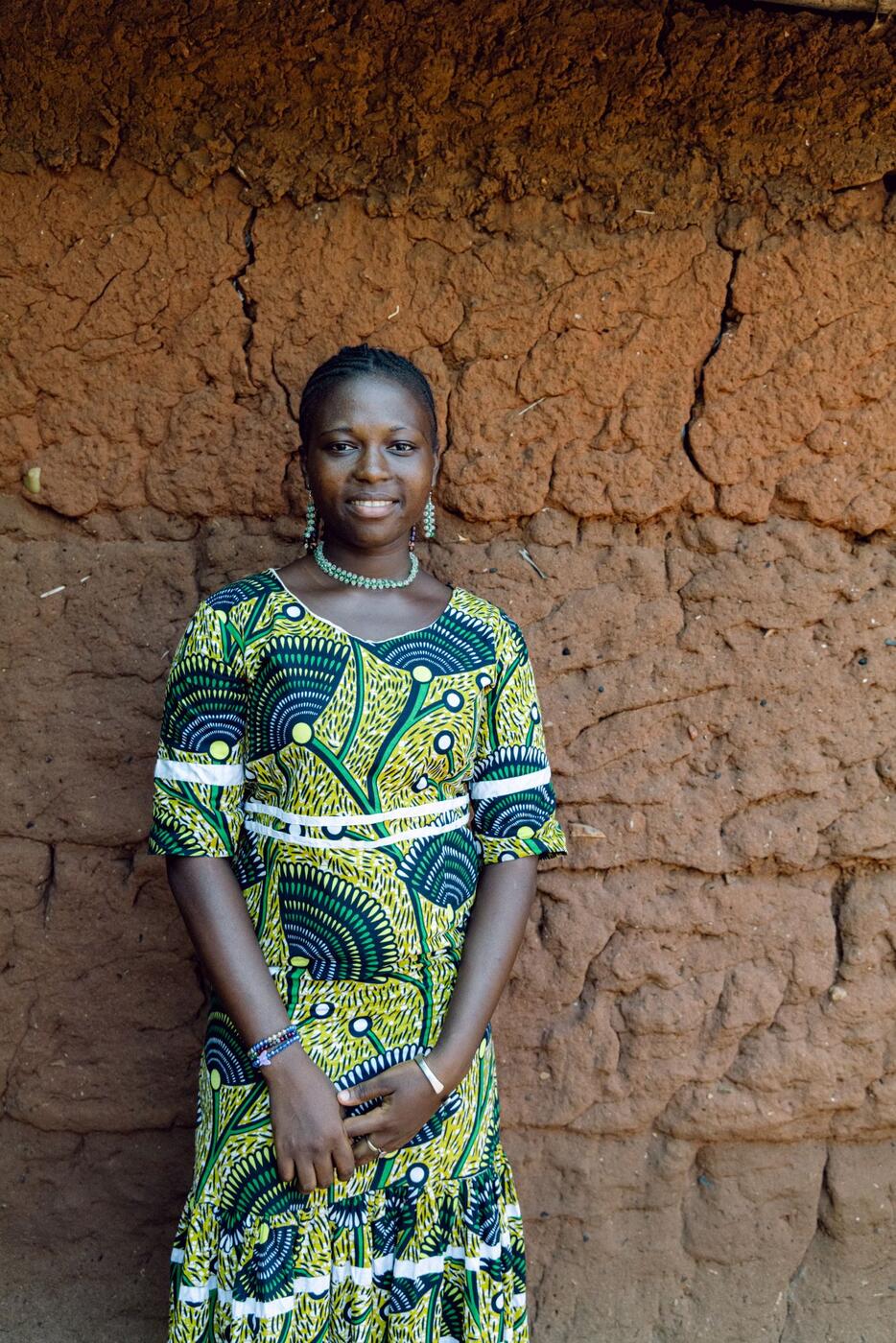
Through the leadership of the Regional Technical Secretariat within UNFPA WCARO, and in collaboration with the World Bank and WAHO, a paradigm shift has been achieved in the delivery of technical assistance within SWEDD countries, transitioning from traditional approaches to a dynamic, evidence-based model.
Highlighting the critical role of healthcare, the Dr Hounton recounted Isabelle’s story, a midwife in Chad’s Lac region, whose work increased safe births from five to 50 per month. He described these outcomes as "the direct result of SWEDD's targeted interventions, where the lives of mothers and children have been safeguarded through increased access to quality care."
Reflecting on the project’s legacy, he emphasized the tangible progress achieved across countries, pointing to the stories of individuals like Virginie, a 22-year-old from Benin, who broke traditional barriers by rearing rabbits through SWEDD-supported training. In Chad, Zenaba and 40 young women in Hadjer Lamis region were trained to operate modern agricultural equipment, cultivating crops like corn and onions and achieving economic independence.
Nafissatou Diop, SWEDD Project Director at UNFPA WCARO, underscored the importance of technical assistance in ensuring sustainable outcomes. "Through the Regional Technical Secretariat, we provide essential coordination, innovation, and technical guidance to support governments implement evidence-based strategies that address gender inequality and promote women’s empowerment. SWEDD+ builds on proven approaches while introducing innovations to tackle emerging challenges,” she said.
UNFPA’s contributions have been central to SWEDD’s achievements over the past decade. These include the establishment of the #Team4SocialNormsChange expert task force, which provided targeted technical assistance to 13 countries, and the development of harmonized tools and curricula now widely adopted across SWEDD countries.
In addition, UNFPA has conducted a landmark regional study on midwifery in West and Central Africa and leveraged artificial intelligence to enhance a knowledge management platform that fosters innovation and South-South cooperation.
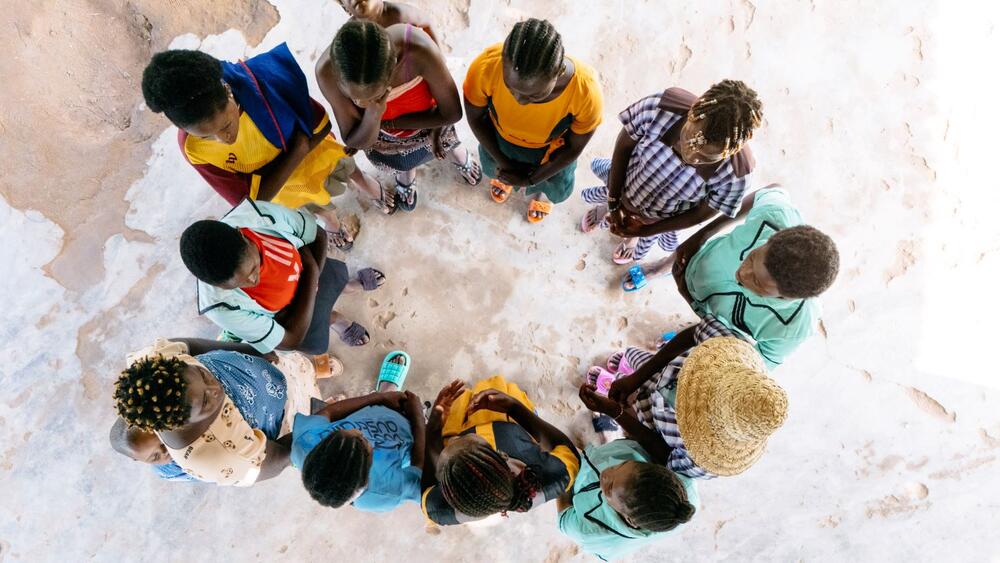
Nafissatou Diop added, "We remain committed to working alongside governments and partners to strengthen capacity, ensure accountability, and deliver results that empower women and girls. SWEDD+ represents not just continuity, but a dynamic evolution toward sustainable solutions for gender equality in Sub-Saharan Africa."
As SWEDD+ moves forward, it signals a new phase of collaboration and innovation that will build on the foundations laid by SWEDD. Through continued technical assistance, UNFPA supports governments and institutions in creating systemic, lasting change that transforms the lives of women and girls across the region.
For more information on the SWEDD project, please visit www.sweddafrica.org

